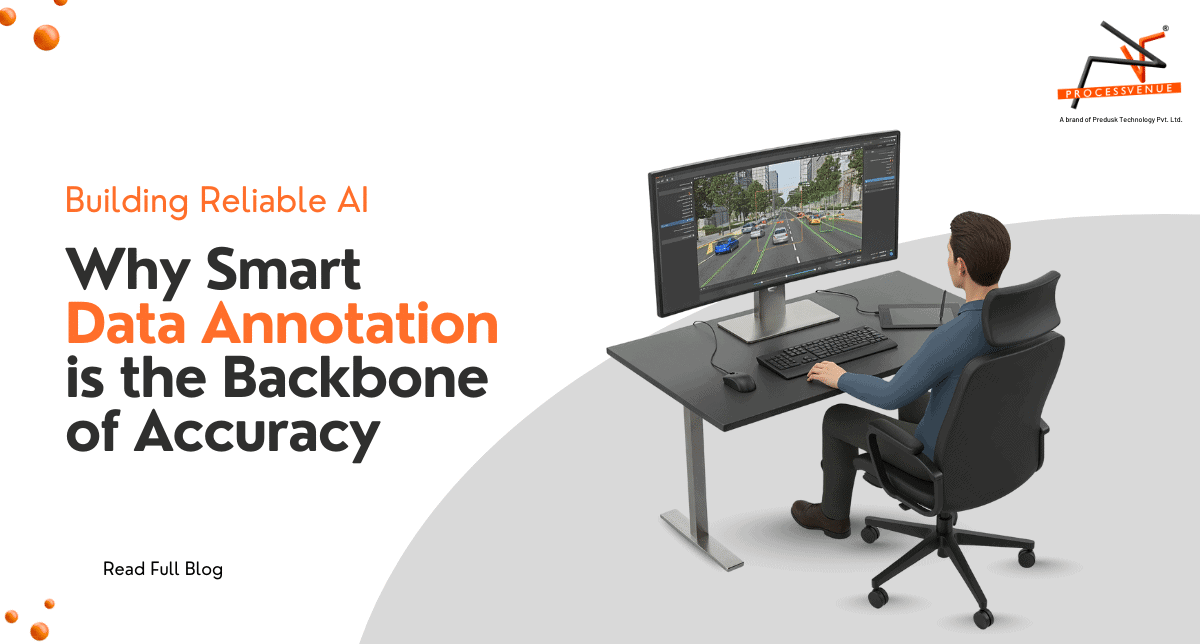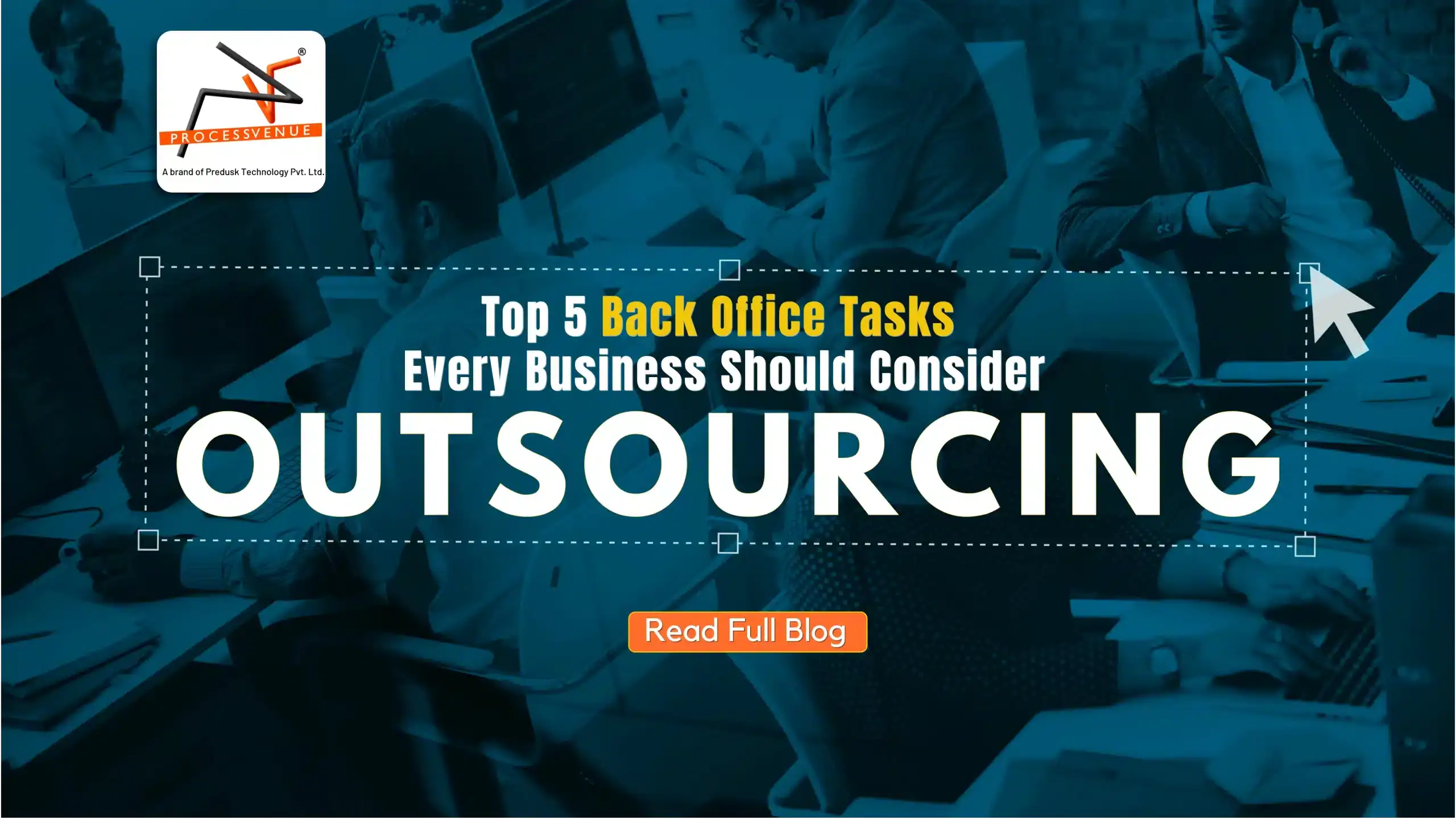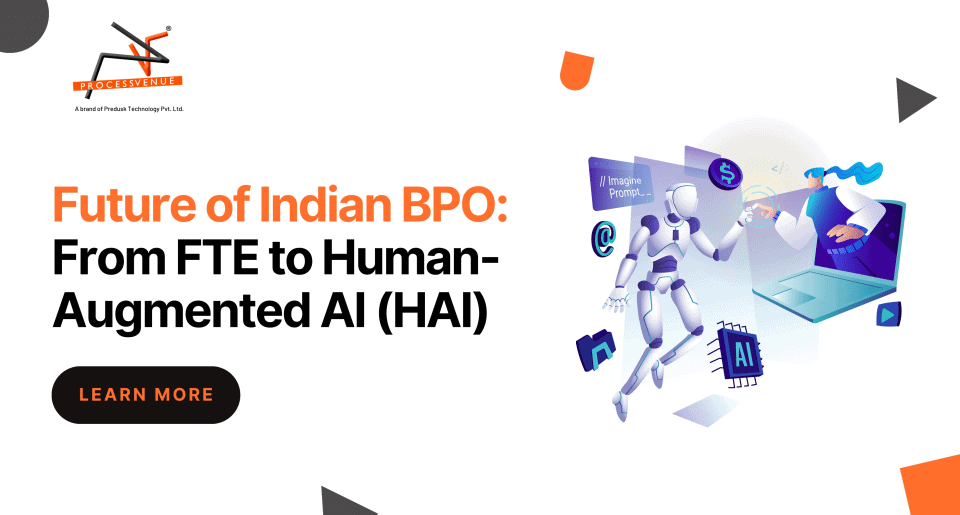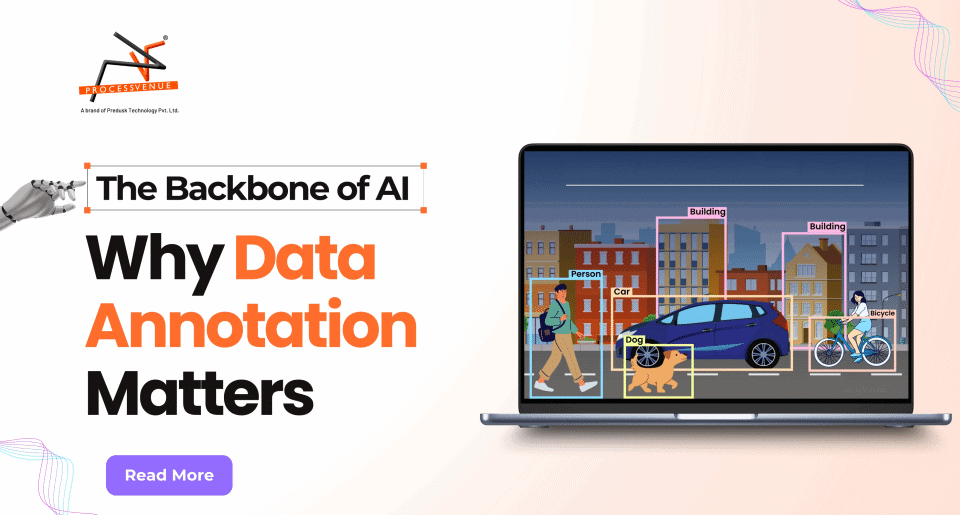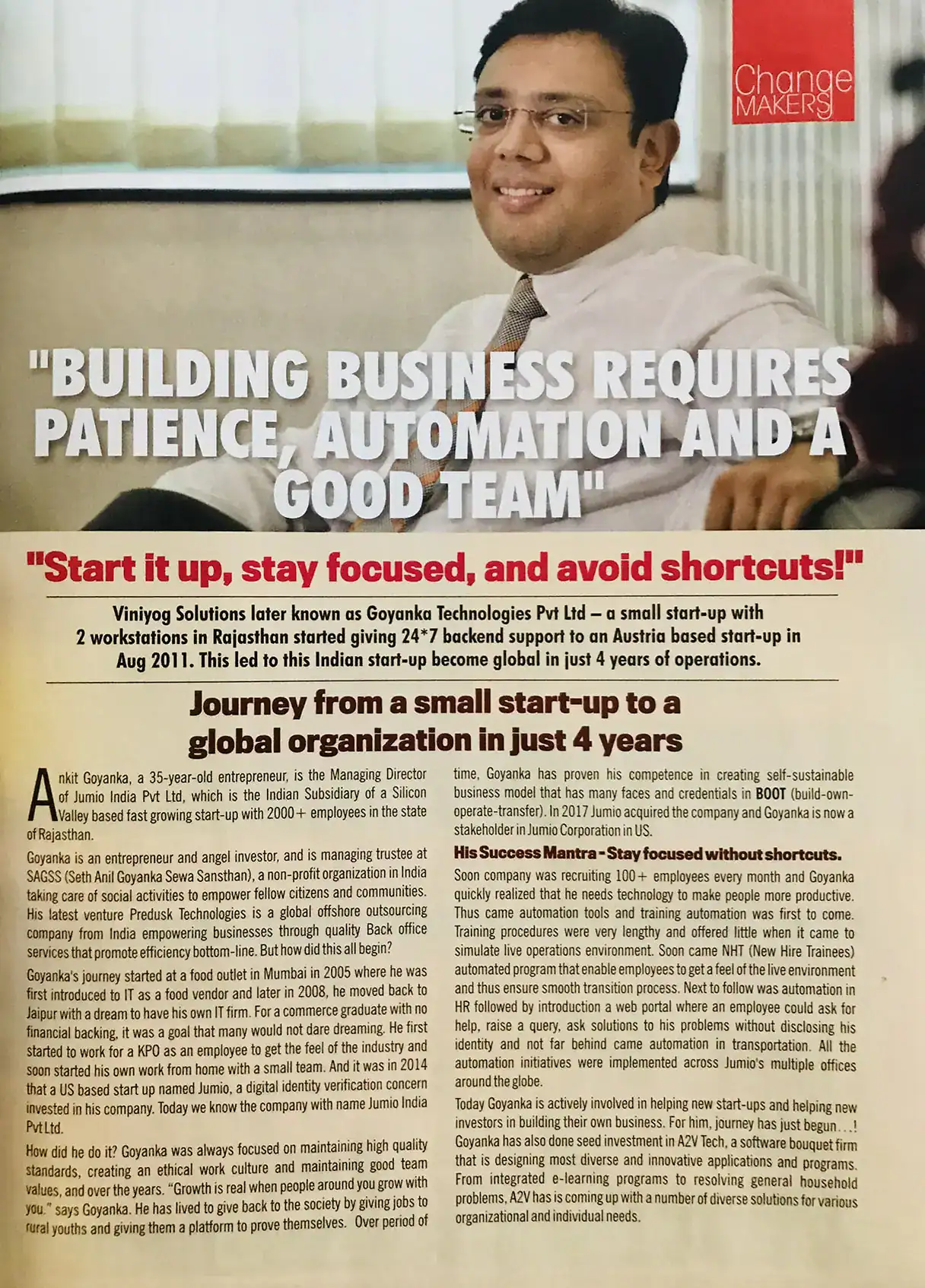Introduction
Artificial Intelligence (AI) is only as intelligent as the data it is trained on. While cutting-edge models and algorithms often take the spotlight, the true cornerstone of AI accuracy lies in data annotation. Without structured, well-labeled data, even the most sophisticated systems fail to perform reliably. For enterprises seeking to scale AI adoption, investing in professional data annotation services is no longer optional, it is essential.
What is Data Annotation?
Data annotation is the process of labeling, tagging, or categorizing raw data be it images, text, audio, or video so that machine learning algorithms can recognize patterns and make accurate predictions. From bounding boxes around objects in autonomous vehicle datasets to labeled entities in customer support chat transcripts, annotation provides the context machines need to “understand” data.
In essence, annotation transforms unstructured data into structured intelligence, bridging the gap between human cognition and machine learning.
Why Data Annotation Matters for AI Accuracy
Precision in Training Models
High-quality annotations ensure that AI systems interpret data correctly, improving model accuracy and reducing error rates. Poorly labeled data, by contrast, introduces biases and misclassifications.
Scalability Across Domains
From healthcare diagnostics to financial fraud detection, every industry relies on domain-specific annotations. Tailored annotation protocols enable AI models to adapt to specialized environments with greater reliability.
Continuous Learning
Data annotation is not a one-time task it supports iterative model training. As AI systems evolve, annotations refine outputs and minimize drift, sustaining long-term accuracy.
Types of Data Annotation
AI applications demand different annotation methods depending on the use case:
- Image & Video Annotation: Bounding boxes, semantic segmentation, keypoint labeling, and landmark detection for applications like self-driving cars and facial recognition.
- Text Annotation: Entity recognition, sentiment tagging, and intent classification for chatbots, natural language processing (NLP), and compliance automation.
- Audio Annotation: Speech-to-text labeling, speaker identification, and acoustic event tagging for voice assistants and call analytics.
- 3D Point Cloud Annotation: Used in LiDAR-based systems for mapping, robotics, and autonomous navigation.
Each annotation method requires accuracy, domain expertise, and scalability, highlighting the importance of specialized service providers.
The Role of Professional Data Annotation Services
While basic annotation can be automated, enterprise-grade AI projects require hybrid solutions, a combination of human intelligence and AI-assisted tools. This is where data annotation services come into play:
- Consistency & Quality Assurance: Trained annotators follow strict guidelines to minimize subjectivity and ensure uniform labeling.
- Scalable Workforce: Service providers can manage millions of annotations across diverse datasets, meeting enterprise-scale demands.
- Cost & Time Efficiency: Outsourcing reduces overhead while accelerating project timelines, allowing companies to focus on innovation rather than manual labeling.
According to AWS and OpenCV insights, leveraging structured annotation pipelines dramatically boosts both the efficiency and reliability of machine learning models.
ProcessVenue’s Advantage in Data Annotation
At ProcessVenue, we understand that annotation is not just a task—it is a science. Our data annotation services combine human expertise with intelligent automation to deliver:
- High-Precision Labeling tailored to complex industry domains
- Secure & Compliant Processes ensuring confidentiality in sensitive data projects
- Scalable Annotation Pipelines powered by Human-Augmented AI for efficiency and adaptability
Whether it’s healthcare imaging, financial data validation, or document management for large-scale enterprises, ProcessVenue ensures your AI models are trained on the highest quality annotated data.
Conclusion
Reliable AI begins with reliable data. Data annotation is the backbone that determines whether an AI system thrives or fails. For organizations striving to unlock the full potential of AI, investing in professional data annotation services is the smartest step forward.
At ProcessVenue, we empower businesses to transform raw information into actionable intelligence, ensuring that every AI model we touch is built on the foundation of accuracy, trust, and scalability.
Explore how ProcessVenue’s Data Annotation Services can elevate your AI projects. Contact us today to learn more.
